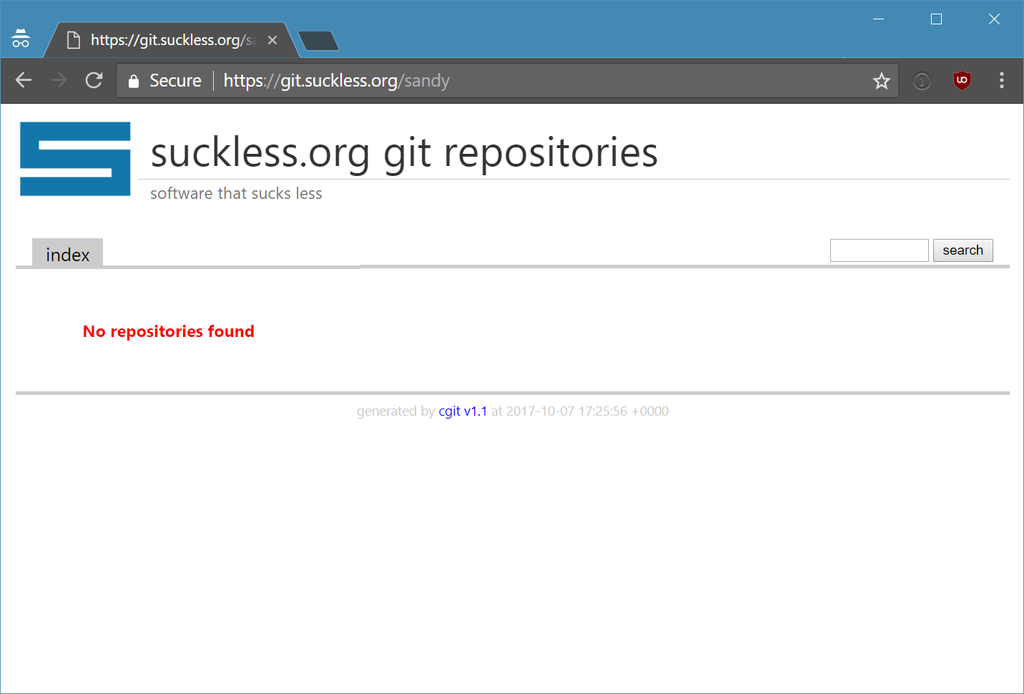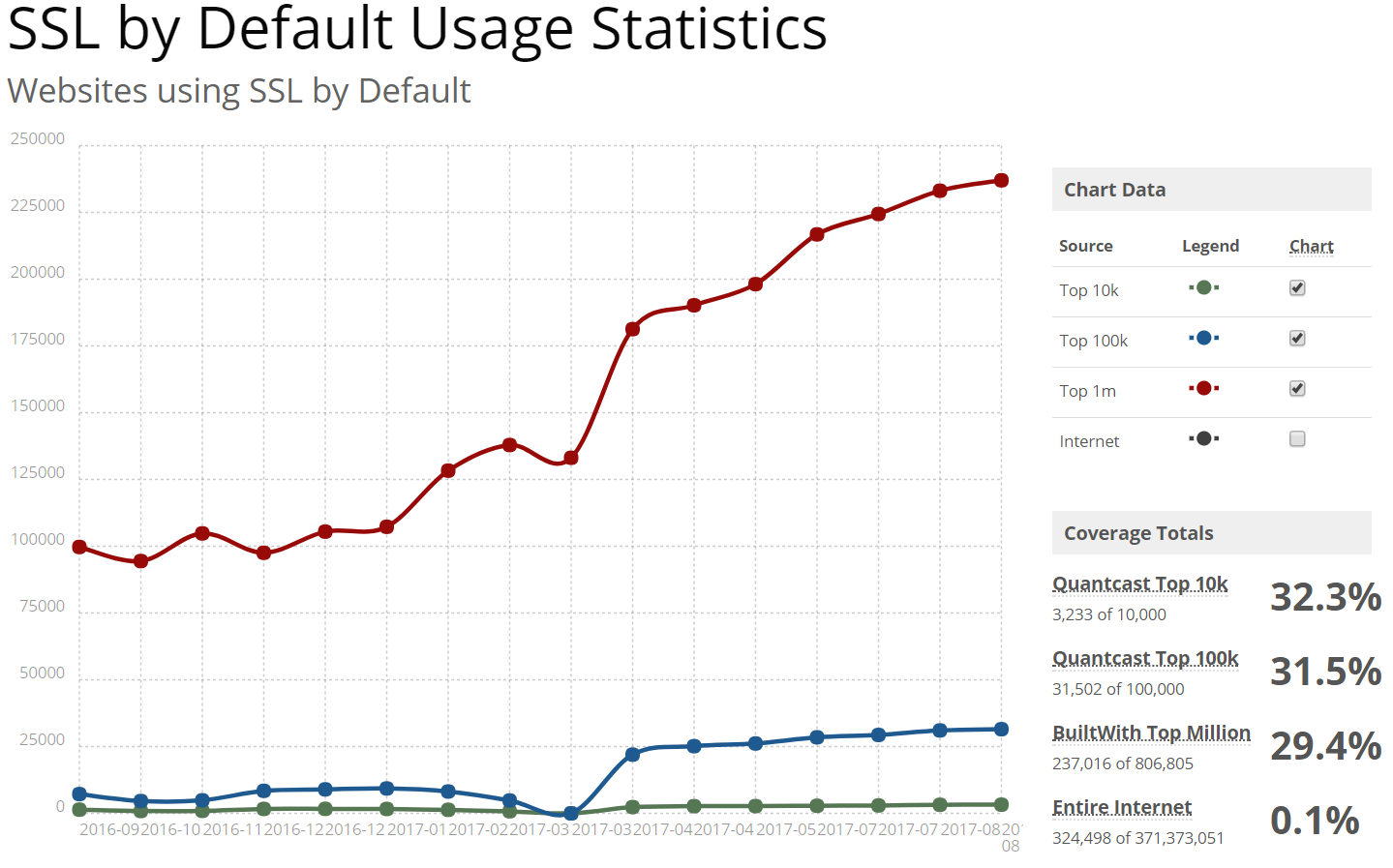Ask your favorite typophile about the difference between Arial and Helvetica, and you’re sure to regret it… unless you have a latent appreciation for the differences between font faces, the attention given to kerning and hinting, and more. But ask them what’s the difference between Tahoma and Verdana, and you might just be surprised by the ensuing silence. Yet, these are two of the most popular online fonts, and have aged significantly well considering they share corporate roots with Comic Sans and Arial.1 If any fonts ever deserved scrutiny and attention, it’s these two.
Here are two lines of text, one in each of the two fonts in question:
Just to name two fonts that designers love to hate, though the circle is coming around and you’ll find plenty of Arial defenders too, these days. ↩

 The
The 
 We may not know for sure what it’s going to look like or what it will cost, but we do know that the new iPhone 8 – Apple’s 10 year iPhone anniversary edition – is on its way and it’ll be running iOS 11. And unlike the iPhone 8, iOS 11 has been available now for some time for beta testing and software development. There are a lot of changes – some good, some bad
We may not know for sure what it’s going to look like or what it will cost, but we do know that the new iPhone 8 – Apple’s 10 year iPhone anniversary edition – is on its way and it’ll be running iOS 11. And unlike the iPhone 8, iOS 11 has been available now for some time for beta testing and software development. There are a lot of changes – some good, some bad HTTPS is the future and the future is (finally) here. Secure HTTP requests that provide end-to-end encryption between the client making the request and the server providing it with the requested content is finally making some headway, with almost a third of the top one million sites on the internet serving content over SSL, as of August 2017:
HTTPS is the future and the future is (finally) here. Secure HTTP requests that provide end-to-end encryption between the client making the request and the server providing it with the requested content is finally making some headway, with almost a third of the top one million sites on the internet serving content over SSL, as of August 2017:
 If you haven’t heard of
If you haven’t heard of 
 If you’re still stuck on .NET 2.0, 3.0, or 3.5 for any reason and don’t have access to the
If you’re still stuck on .NET 2.0, 3.0, or 3.5 for any reason and don’t have access to the 
